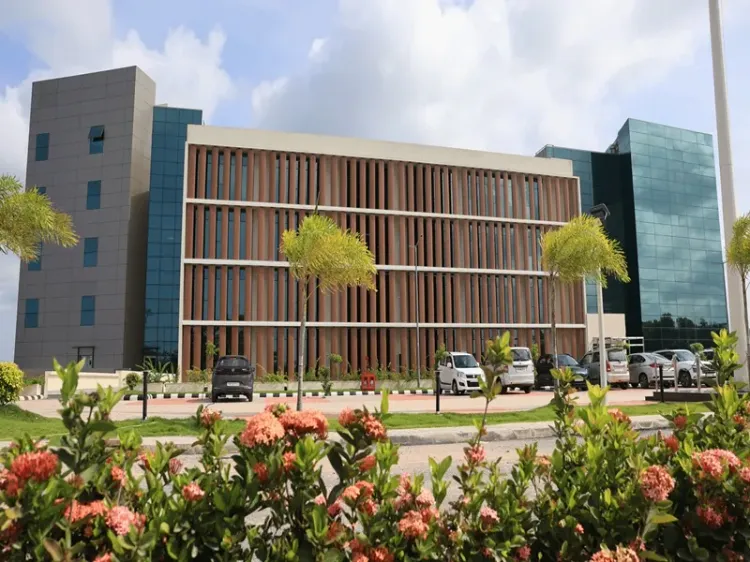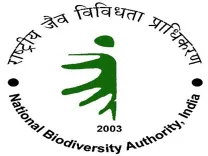Is RGCB the New National NGS Hub for Metagenomic Surveillance Under One Health Mission?

Synopsis
Key Takeaways
- RGCB is now a national NGS hub for infectious diseases.
- The initiative focuses on undiagnosed infectious diseases.
- Advanced sequencing technology will be employed.
- Collaboration with multiple institutions is key to success.
- Real-time data will enhance epidemic preparedness.
Thiruvananthapuram, Nov 27 (NationPress) In a notable achievement, the Rajiv Gandhi Centre for Biotechnology (BRIC-RGCB), situated in the capital of Kerala, has been appointed as one of the four national Next-Generation Sequencing (NGS) hubs for the Metagenomic Syndromic Surveillance Programme under India's ambitious 'One Health Mission'.
This initiative aims to address India’s ongoing challenge with undiagnosed infectious diseases, which include acute febrile illnesses, encephalitis, diarrhoeal diseases, and respiratory infections.
As the designated national hub for acute febrile illnesses (AFI), RGCB will utilize its cutting-edge sequencing and data-analytics capabilities from its Biosafety Level-3 (BSL-3) facility.
The centre will process thousands of biological samples gathered from surveillance locations nationwide to identify known, rare, and emerging pathogens that frequently elude traditional diagnostic techniques.
Dr. T.R. Santhosh Kumar, Director (Additional Charge) of RGCB, remarked, "This selection highlights our proficiency in viral genomics, host-pathogen interactions, and high-throughput sequencing."
He further stated that the combination of clinical syndromic screening and unbiased metagenomic sequencing will offer a real-time genomic overview of circulating pathogens and trends in antimicrobial resistance, enabling national authorities to anticipate outbreaks and formulate targeted public health strategies.
This multi-institutional project is in collaboration with the Centre for Cellular and Molecular Biology (CCMB), Tata Institute for Genetics and Society (TIGS), Gujarat Biotechnology Research Centre (GBRC), ICMR–NIE Chennai, and the ICMR Headquarters.
Senior scientist Dr. Rajesh Chandramohanadas, who oversees the BSL-3 Lab at RGCB, will head the research initiative.
The programme is anticipated to generate groundbreaking insights into India’s infectious disease landscape, enhance epidemic intelligence, and aid in the creation of homegrown diagnostic tools designed for the nation’s distinct pathogen diversity.
Beyond public health implications, this initiative signifies a pivotal advancement in establishing an integrated surveillance framework that connects human, animal, and environmental health – a core principle of the One Health framework.
In light of rising concerns over zoonotic diseases and increasing antimicrobial resistance, this initiative is regarded as essential for bolstering India’s readiness against future health crises and pandemics.









